Description
A Diary for 1849, written by Elihu Burritt Beard and edited with revealing evidence by great-great-grandson, Barrett Thomas Beard, reveals the story of the American frontier’s middle road–Indiana and Ohio–in the great Manifest Destiny. These contemporary, personal observations of a 24-year-old student completing college open a small window through which the modern reader views thoughts about the state, slavery, church, health, education, and social intercourse in mid-nineteenth century America. The practice of medicine teeters between sophistry and learned inquiry. Cholera reaps a broad swath of death in the frontier civilizations. Robust evangelism blends established religious orders. Emancipation is a wound on the nation festering without cure. The loom of war creeps up on the political horizon. The young man, Elihu, sees it all, records it and reacts. Elihu, in private thoughts, condemns man’s evil to man. Civil War more than a decade away is already an issue blisteringly debated. Through the teachings of Friends Church, Elihu develops a deep conviction for rights of individuals. With boldness, he embraces equal rights for all, including women and slaves. He abhors demeaning of mankind with punitive laws or liquor–both made by men. This is the attitude he took west to California with the Gold Rush, there to become an influence on a new frontier in the last great leap in America’s destiny.
“…after a long and solitary walk, I found myself in a lonely and secluded spot. Yes, solitude is dear to me. I love it! There is a gloom upon my mind. I feel a heaviness of soul which fearfully speaks the boding of some fell disease within. Well Let it come; I dread it not there is but one thing in the world for which I would wish to live, and that is, that I may add something that will benefit the condition of my fellow beings or be of use to future generations.” EBB
Elihu Burritt Beard, settled in Waterford during the Gold Rush. He farmed the land and fed the horde of gold miners. He was one of the region’s first school superintendents. Modesto’s Beard Elementary School is named for him.
Mr. Beard’s… (lineage continued with)… T.K. and Grace Ada Beard, who had 10 children. One hundred years ago, the family built the Modesto Interurban Railway, running between Modesto and Empire. That short line became the M&ET.
T.K. Beard and his family had a construction company during the early 1900s. That company employed up to 1,000 men to build miles of Modesto and Turlock canals, the Modesto Reservoir, Turlock Lake, Goodwin Dam, Woodward Reservoir as well as canals for the South San Joaquin and Oakdale Irrigation Districts.
Beard family members continued working together throughout the 20th century. They founded the Beard Land and Investment Co. in 1926. They started buying land around the railroad in the 1940s to develop the Beard Industrial District, which is served by the M&ET.
The district now is home to more than 100 businesses, including E.&J. Gallo Winery, Frito-Lay, Del Monte, Stanislaus Food Products, Sciabica olive oil, Nestlé Food and Central Valley Agricultural Grinding.
The Beards also developed several early Modesto residential areas, including the airport and La Loma neighborhoods. To serve those homes, the family created the Del Este Water Co., which it ran until 1995.
Bio info from: https://www.modbee.com/latest-news/article3116759.html
Barrett Thomas Beard is author, editor, and editor-in-chief of several books, plus writer of approximately one hundred journal articles. He also worked as a documentary film writer and editor. Tom holds a MA degree in history with additional formal studies in American maritime history. He split a 20-year military flying career as a Navy carrier attack pilot and a Coast Guard rescue pilot in both fixed wing and rotary-wing aircraft. He holds FAA airline transport and commercial helicopter ratings, and a Coast Guard masters license for sail and power vessels. Tom and his wife, as a team, sailed their sailboat around the world almost twice over a 16-year period. He once formally trained in naval architecture and designed small boats and yachts. Several of his designs were featured in national magazines—a life time ago. One small sailboat is now being manufactured in Vietnam as a fleet of training boats for a program to bring yachting to Vietnam. This little boat raced for many years and Tom was told it never lost a race. Tom had two or three boats featured in WoodenBoat Magazine. Hobbies for him include rebuilding 100-year-old automobiles and continuing cruises aboard his boat.
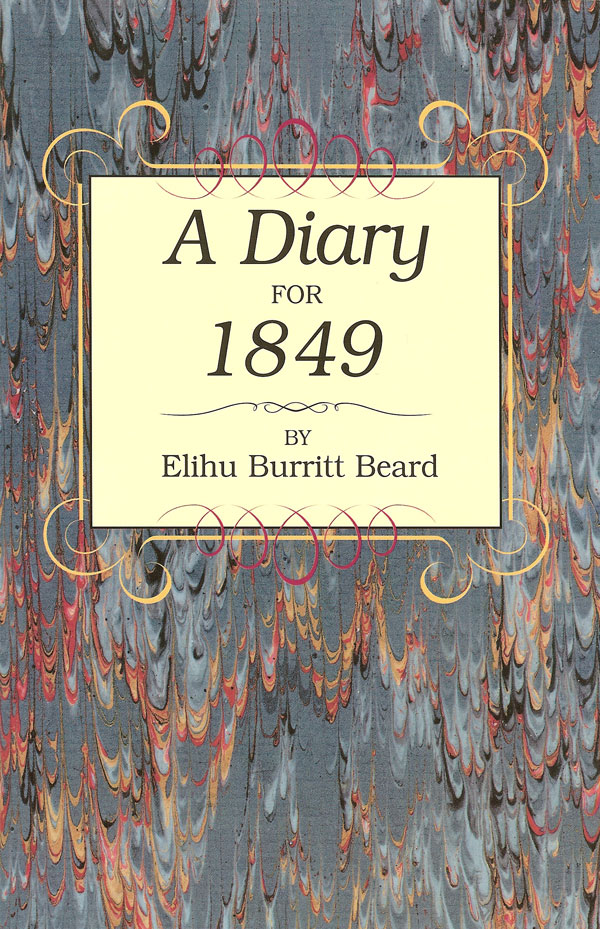
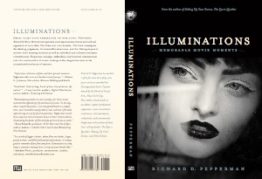

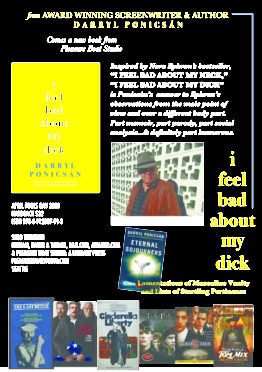

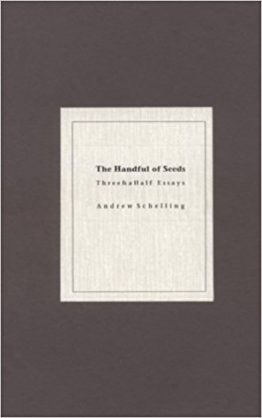
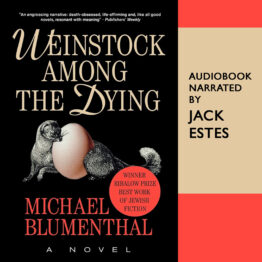
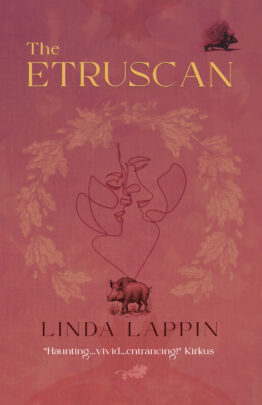

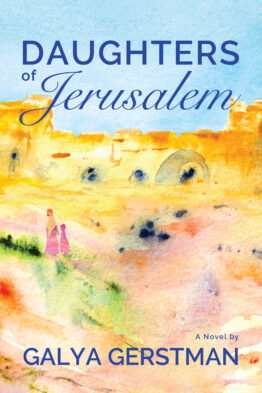
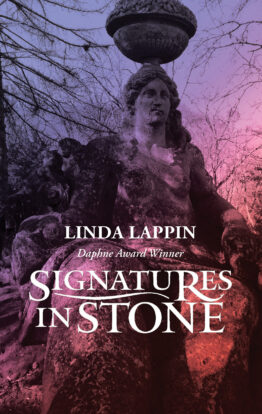
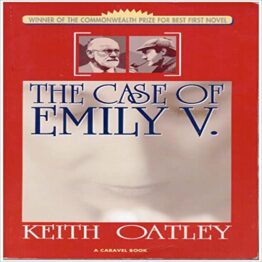
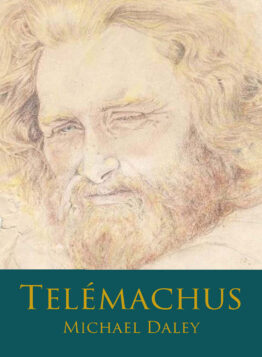


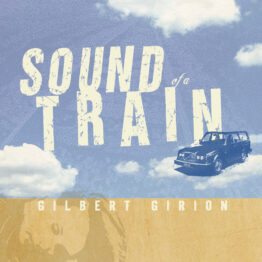
Charles Cooper –
A wonderful Book! I was so excited to learn about Elihu Beard (as he is a vital part of Modesto California’s history). Well written, informative and worth the read!
Patricia Walkow, MWSA Review –
Diarist Elihu Burritt Beard takes the reader back in time to the 1849, a little more than a decade before the Civil War. Having lived in Ohio and Indiana, he captures his everyday activities as a twenty-four-year-old college student within the context of the main American societal issues of his time and the expansion of “America” westward.
A 21st century reader is faced with the realities of illnesses rarely experienced today as the author weaves widespread cholera into the account of 1849. Its cause was unknown. His string of respiratory ailments throughout the year makes us appreciate we now know about bronchitis, and don’t particularly fear tuberculosis. Medicine at the time was primitive compared to today, and makes the reader appreciate the extent to which medical knowledge has advanced since Mr. Beard wrote his diary.
Most interesting is his mention of a new transcontinental railroad that was being discussed as a proposed infrastructure project, although it was not constructed until the 1860s. He attends church services regularly and supports temperance. Religion plays a significant role in his life and his love of poetry comes through as he captures poems of Pope, Longfellow, and others in his diary. He also writes a few poems himself. The social gatherings of this young man also give him pleasure. Although he vacillates between loving and hating his academic life, he knows he must attain an education.
Elihu left us his thoughts about slavery and the subjugation of women, and made it known he did not understand how anyone could be kept in a subservient position in society. His anti-slavery beliefs were honed by his activities assisting his father, who shielded and helped runaway slaves. In this diary, Elihu strongly censures the evil of man’s inhumanity, including any law he considers unjust.
This diary provides a view to the past that lets us relive the excitement of the coming railroad, the changes brought by increasing industrialization, and the adventure of a land that had seemingly endless horizons—all on the threshold of monumental social changes.
Barrett Thomas Beard, Elihu’s great-great-grandson, brought this diary to us. We should thank him.